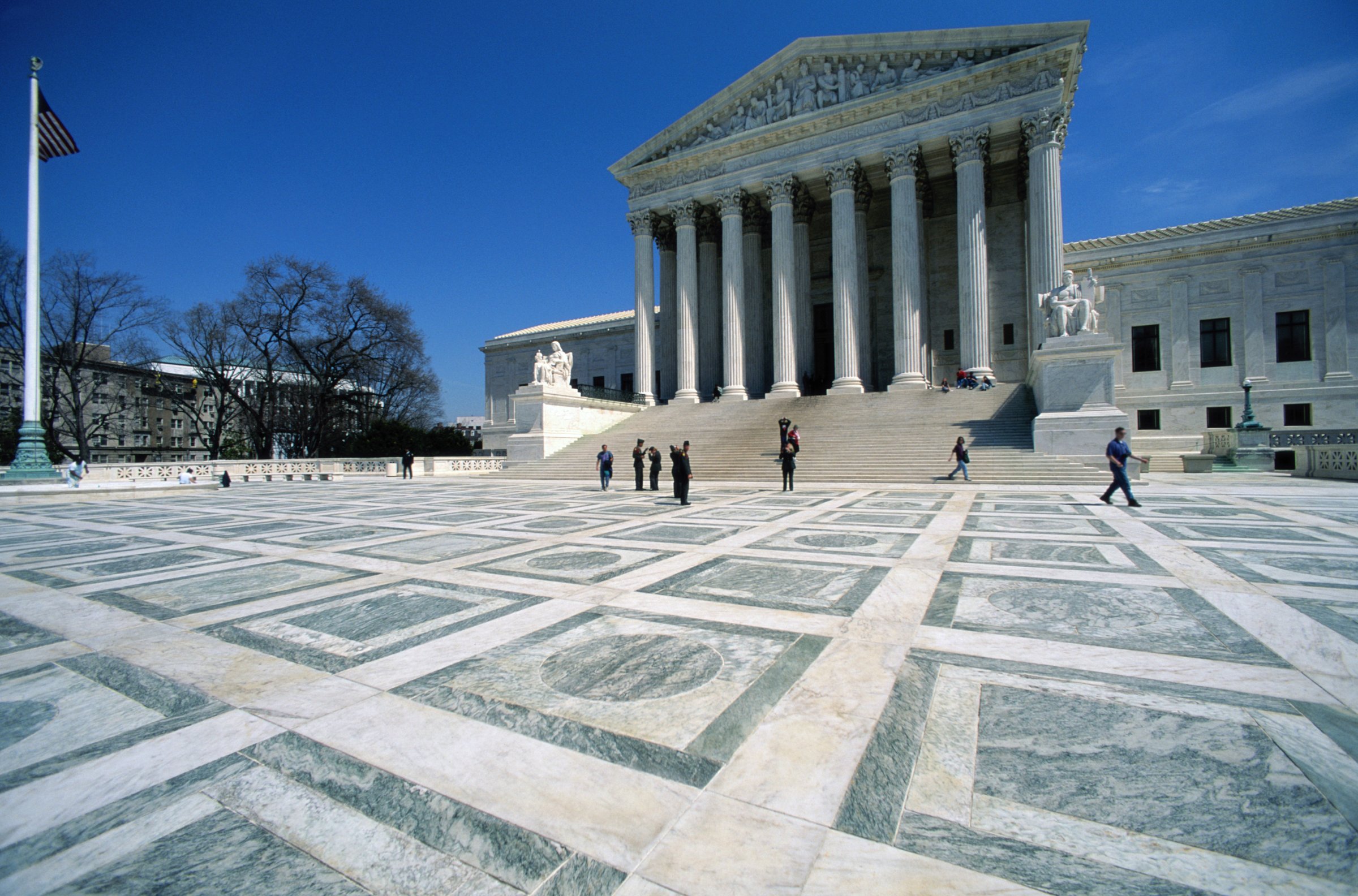
The U.S. Supreme Court on Wednesday delayed the execution of three Oklahoma death row inmates who are part of a case that could decide the future of lethal injections nationwide.
The court’s order prevents Oklahoma from using the sedative midazolam to execute Richard Glossip, John Grant and Benjamin Cole, who are challenging the state’s current lethal injection protocol. The trio claims that the use of midazolam, which has been criticized by some anesthesiologists as not properly inducing unconsciousness, violates the Eighth Amendment’s ban on cruel and unusual punishment.
Glossip, who was convicted of having his boss murdered, was set to be executed Thursday. Grant, who was convicted of stabbing a co-worker to death, was scheduled to be executed in February. And Cole, handed a death sentence for killing his 9-month-old daughter, was initially set to be executed in March.
MORE: Justices Will Review Use of Midazolam as Execution Drug
Because the Supreme Court’s order specifically prevents Oklahoma from executing the men with midazolam, it’s possible but unlikely that the state will try to use a different drug to carry out their death sentence before the court rules in their case.
The Supreme Court agreed to hear the case last week, making it the first time the court will consider whether a specific method of capital punishment violates the Eighth Amendment’s ban on cruel and unusual punishment since Baze v. Rees in 2008. That decision upheld Kentucky’s three-drug lethal injection protocol. Since then, drug shortages have forced states to use different drugs, including midazolam.
All eyes have been on Oklahoma’s execution protocol since last April, when the lethal injection of a convicted killer went awry. The Supreme Court is expected to make a decision by the end of June.
Read more: Ohio Abandons Controversial Drug Execution Cocktail
More Must-Reads From TIME
- The 100 Most Influential People of 2024
- Coco Gauff Is Playing for Herself Now
- Scenes From Pro-Palestinian Encampments Across U.S. Universities
- 6 Compliments That Land Every Time
- If You're Dating Right Now , You're Brave: Column
- The AI That Could Heal a Divided Internet
- Fallout Is a Brilliant Model for the Future of Video Game Adaptations
- Want Weekly Recs on What to Watch, Read, and More? Sign Up for Worth Your Time
Contact us at letters@time.com